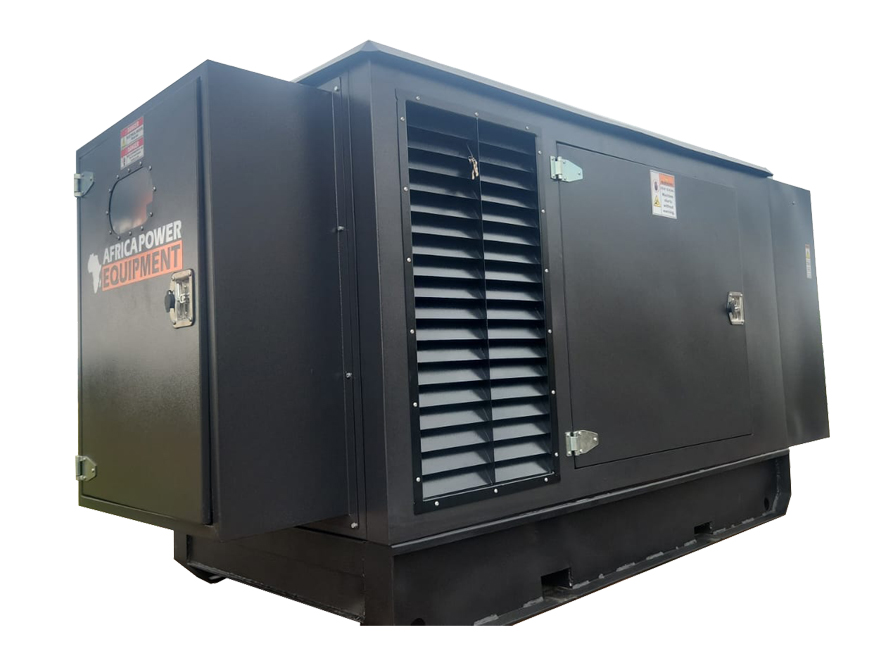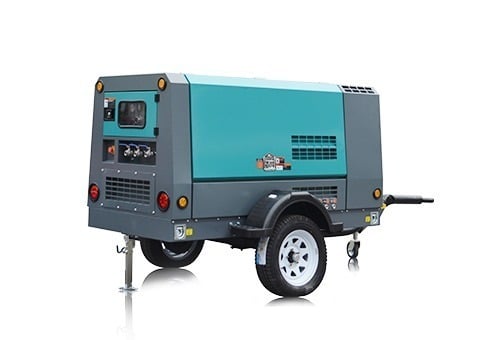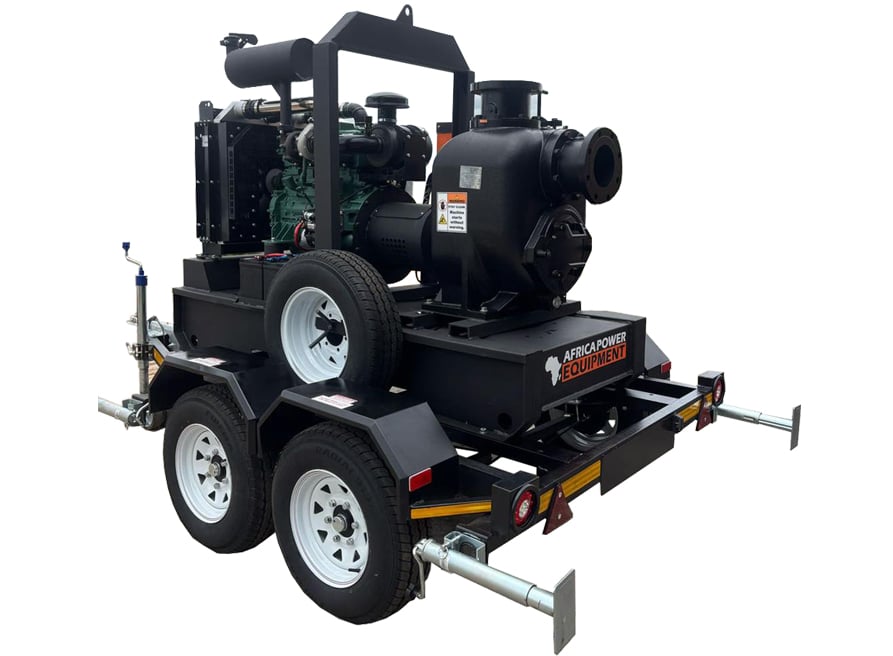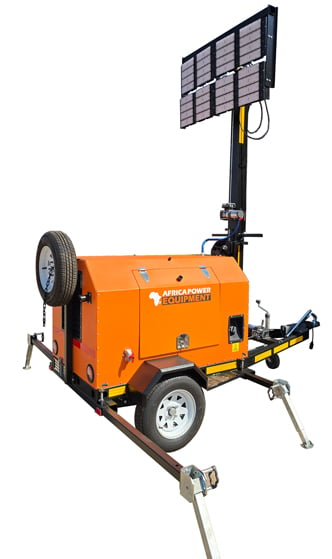Understanding the Lifespan of an Air Compressor: What to Expect and How to Extend It
Air compressors are essential machines in workshops, garages, and industrial operations—but like any mechanical equipment, they don’t last forever. So how long does an air compressor actually last?
The answer depends on the type of compressor, how often it’s used, maintenance routines, and environmental conditions. In this article, we’ll explore typical air compressor lifespans, what affects their longevity, and how you can maximize the value of your investment.
⏳ Average Lifespan of an Air Compressor
Here’s a general breakdown based on types:
| Compressor Type | Expected Lifespan |
|---|---|
| Portable (DIY use) | 5–10 years |
| Oil-free compressors | 3–8 years |
| Oil-lubricated models | 10–15 years or more |
| Industrial screw-type | 20,000–60,000 hours runtime |
| Piston compressors | 15,000–30,000 hours runtime |
Note: Lifespan is calculated in both years and operating hours. A well-maintained industrial compressor may outlast a neglected DIY unit—even if it’s technically “bigger.”
🔧 Key Factors That Affect Lifespan
1. Frequency and Duration of Use
-
Occasional users (like DIYers) will see compressors last many years.
-
Daily heavy-duty use can shorten lifespan unless it’s a commercial-grade unit.
2. Maintenance Practices
Routine tasks such as:
-
Draining the tank daily
-
Cleaning intake vents
-
Replacing filters
-
Checking belts and seals
…all contribute significantly to compressor longevity.
3. Compressor Type and Quality
-
Oil-lubricated compressors typically last longer due to better cooling and reduced internal wear.
-
Higher-end brands like Ingersoll Rand or Atlas Copco often provide longer durability and warranty coverage.
4. Operating Environment
-
High humidity can cause internal rust and corrosion.
-
Dusty environments clog filters and increase motor strain.
-
Extreme temperatures affect motor and oil efficiency.
🛠️ Signs Your Compressor Is Nearing End-of-Life
Watch for these indicators:
-
Increased runtime or overheating
-
Reduced pressure output or CFM performance
-
Unusual noises, vibrations, or excessive heat
-
Frequent tripping of circuit breakers
-
Persistent air or oil leaks
If repairs become more frequent and costly, replacement may be more economical than ongoing maintenance.
🧰 How to Extend the Life of Your Compressor
-
Drain the tank after each use to prevent corrosion.
-
Change oil (if applicable) every 500–1000 hours.
-
Clean or replace air filters regularly.
-
Keep the unit in a ventilated, dry, and cool location.
-
Use proper power supply—avoid low-voltage connections or extension cords.
-
Stick to manufacturer’s service schedule for belts, valves, and seals.
🔄 Should You Repair or Replace?
Use this rule of thumb:
👉 If repair costs exceed 50% of the value of a new unit, replacement is likely the better option.
Also consider upgrades if:
-
Your tool demands have increased
-
The old unit is no longer energy efficient
-
Parts are no longer available
🏆 Longest-Lasting Air Compressor Brands
Looking for a compressor that stands the test of time? Consider these:
-
Ingersoll Rand – Known for industrial reliability
-
Makita – Rugged builds for home and light commercial use
-
Atlas Copco – Premium rotary screw systems
-
Fiac and Puma – Strong reputation in piston compressors
Browse our air compressor range for proven, durable machines tailored to South African conditions.
📸 Suggested Image
Visual: Side-by-side comparison of a new air compressor and a well-used, worn-out model with visible rust, grime, and cracked fittings.
🔗 Related Internal Links
✅ Final Thoughts
With the right care and proper usage, a quality air compressor can last anywhere from 5 to 20+ years. The key is regular maintenance, choosing the right model for your workload, and keeping it in optimal conditions.
If you’re looking for an upgrade or a long-term solution, explore our curated selection of long-lasting compressors at PowerEquipment.co.za—built for South African homes, farms, and businesses.





